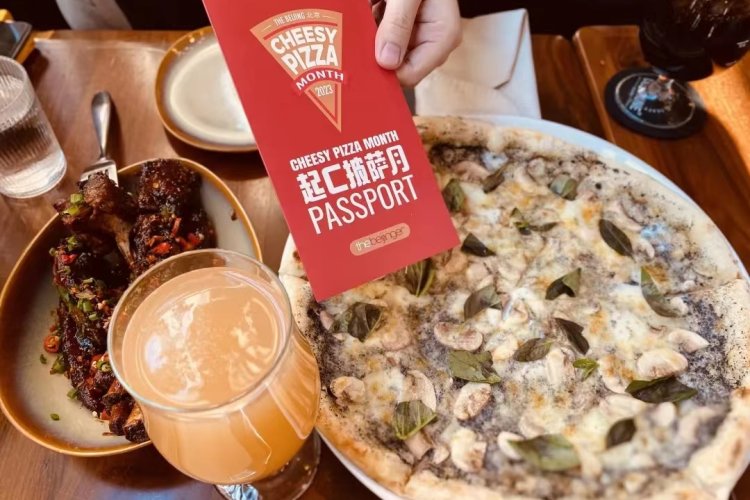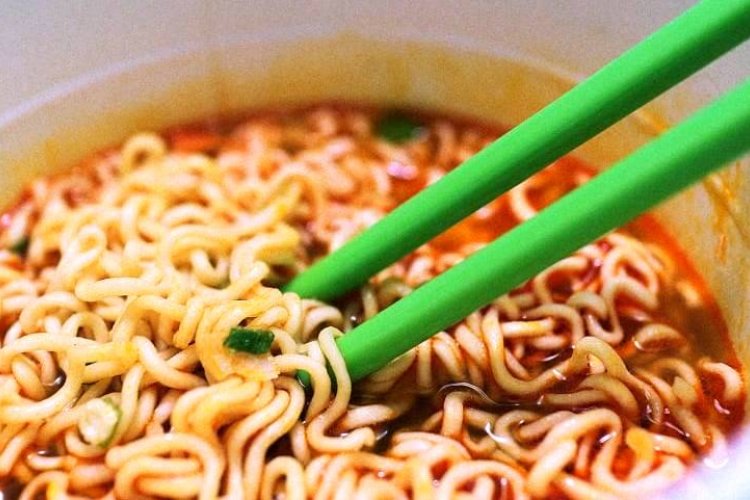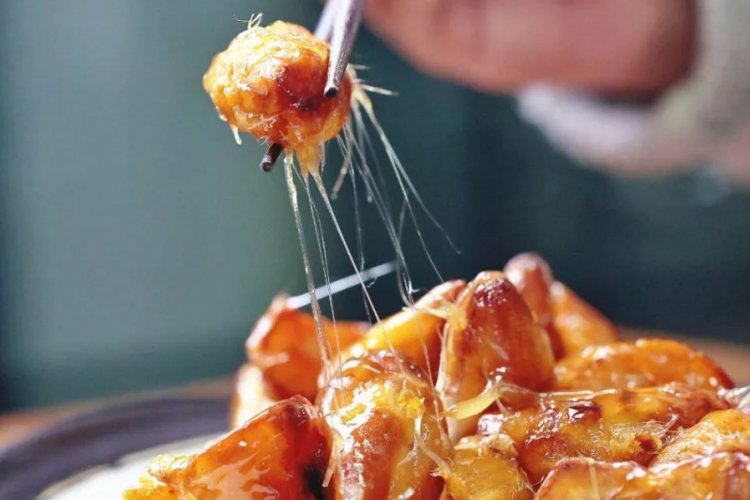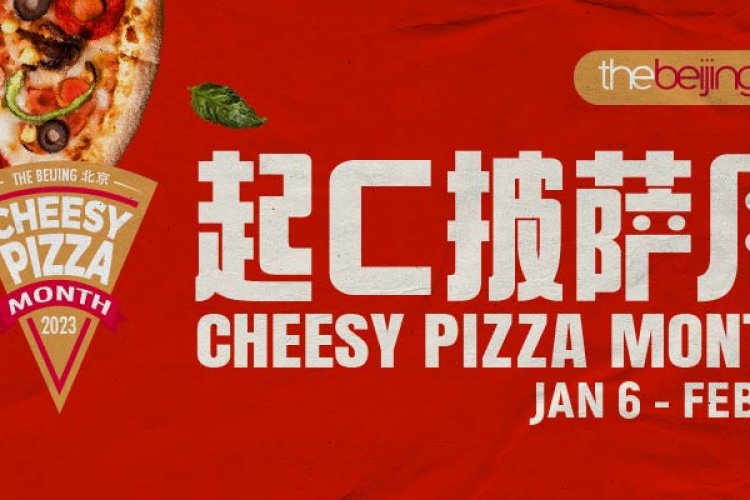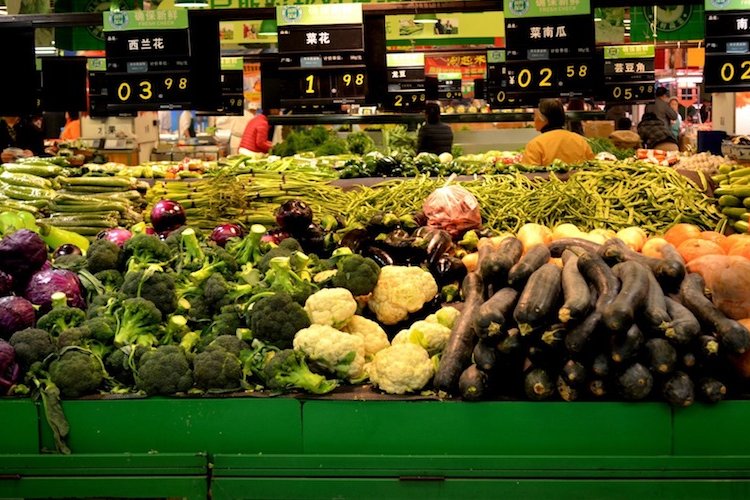Wokipedia: V is for …
“Wokipedia” is a regular magazine column in which we introduce aspects of Chinese gastronomy, one letter at a time.
… vegetarian 素食
Arguably, being vegetarian in China is actually quite easy. With an established religion (Buddhism) paving the way for traditional vegetarian temple cooking and the prevalence of tofu, there are quite a number of options for the meat-averse. If you’re looking to eat out, try places like the Veggie Table, Pure Lotus, Vegan Hut and Cai An Xin.
… vermicelli 粉丝
A rounder, skinnier sister to the noodly fentiao (粉条), fensi are clear, slippery strands of starch made from mung beans. Other starches (potato, sweet potato, peas) can also produce a tasty noodle, but when your local jiachang cai place mixes up a cold salad, it’ll be most likely made of mung. You can make your own vermicelli with a mixture of water and starch powder, but the storebrought variety is relatively easy to cook: Simply add hot water. Just add an “er” sound to the end of it (that’s fensi’r or 粉丝儿) or people might think you’re talking about fans.
… vinegar 醋
Chinese people love to apply numbers to things – like their “Five Magnificents” and “Six Natural Epics” – so it’s unsurprising that there’s also a hallowed numerical pantheon for vinegar. Yes, so loved is this condiment that China has an official “Four Notable Vinegars.” They hail from Shanxi, Zhenjiang, Fujian and Sichuan, and differ in ingredients and color. Splash some on your dumplings, mix it through a salad or just eat it. In fact, the act of eating vinegar, to chi cu (吃醋), is even a colloquial expression for jealousy.
Click here to see the February issue of the Beijinger in full.
Photo: flickr user thunderedcat

